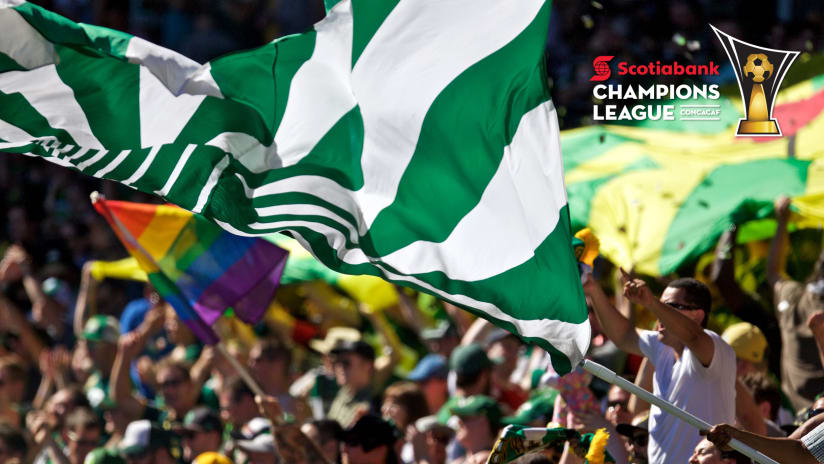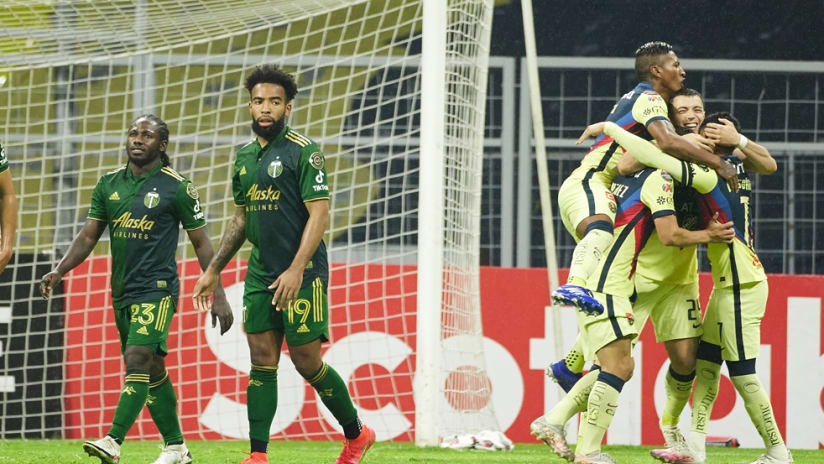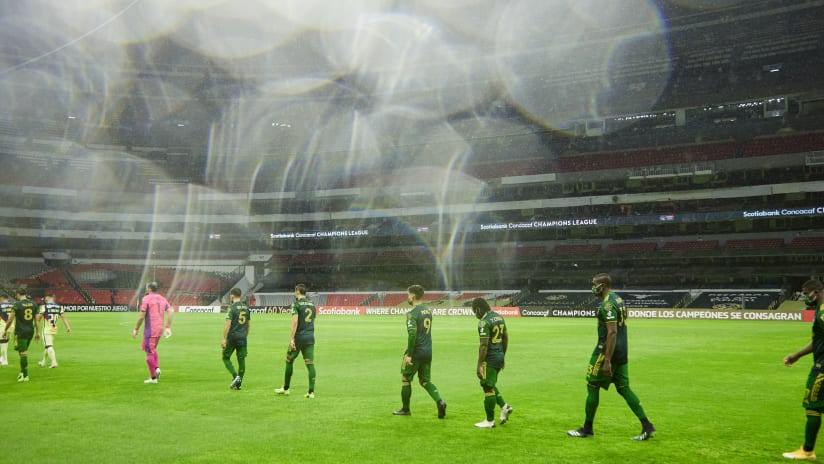The Portland Timbers are back in the Scotiabank CONCACAF Champions League.
The Timbers are one of five MLS teams participating in this year's tournament along with FC Dallas, Sporting Kansas City, Vancouver Whitecaps FC, and the New York Red Bulls. For Portland, it will be the club’s second appearance in the tournament that pits the best club teams of North and Central America along with the Caribbean region.
The Timbers open their CCL campaign at home against El Salvadoran side CD Dragón on August 3 (7pm PT, TICKETS). Also joining Portland and Dragón in Group B is Costa Rican powerhouse Saprissa. Each team will play each other twice (home and away) with the team with the best cumulative record moving on to the knockout rounds in the spring.
Leading up to Portland's first match, we'll be taking a look at the structure and history of the tournament.
What is the CONCACAF Champions League?
North America's most significant club tournament, the CONCACAF Champions League began as the Champions' Cup in 1962. That year, Mexico's C.D. Guadalajara defeated Guatemala's C.S.C. Comunicaciones 6-0 on aggregate to become the continent's first-ever club champion. From 1962 to 1995, tournament semifinalists came from two completely separate brackets, one from North and Central America and the other from the Caribbean.
For the 2008-09 edition, however, the tournament underwent a complete rebrand. The tournament, now calling itself the CONCACAF Champions League, began operating under a new set of rules and billed itself as the preeminent club tournament in North America. But since the restructuring, no team from outside of Mexico has won the tournament, with two Mexican clubs – C.F. Monterrey and Club América – accounting for five of the eight winners.
This competitive imbalance, always prevalent throughout the tournament's long history, has only recently become more pronounced. While Mexican clubs can count an astounding 32 Champions' Cup or Champions League trophies between them, 15 clubs from eight other countries have won the remaining 21 titles.
The current structure involves a total of 24 teams: nine from the North American Zone (from three associations), twelve from the Central American Zone (from at most seven associations), and three from the Caribbean Zone (from at most three associations). The Timbers qualified by winning the 2015 MLS Cup.













